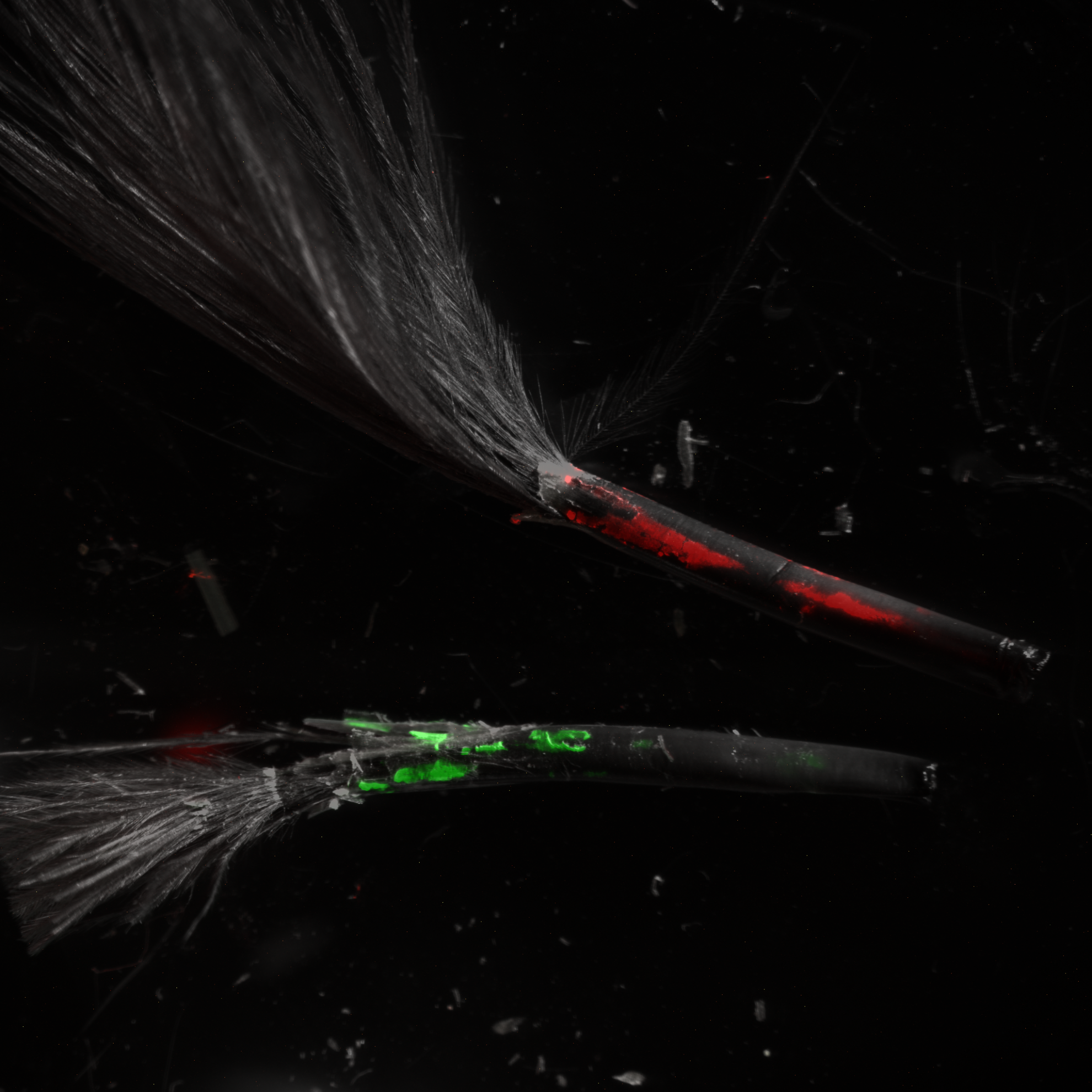The effects of administration of ligands for Toll-like receptor 4 and 21 against Marek's disease in chickens
Ligands for Toll-like receptors (TLRs) are known to stimulate immune responses, leading to protection against bacterial and viral pathogens. Here, we aimed to examine the effects of various TLR ligands on the development of Marek's disease in chickens. Specific-pathogen free chickens were treated with a series of TLR ligands that interact with TLR3, TLR9 and TLR21. In a pilot study, it was determined that TLR4 and TLR21 ligands are efficacious, in that they could reduce the incidence of Marek's disease tumors in infected birds. Hence, in a subsequent study, chickens were treated with lipopolysaccharide (LPS) as a TLR4 and CpG oligodeoxynucleotides (ODN) as TLR21 agonists before being challenged with the RB1B strain of Marek's disease virus (MDV) via the respiratory route. The results demonstrated that the administration of LPS or CpG ODN, but not PBS or non-CpG ODN, delayed disease onset and reduced MDV genome copy number in the spleens of infected chickens. Taken together, our data demonstrate that TLR4 and 21 agonists modulate anti-virus innate immunity including cytokine responses in MD-infected chicken and this response can only delay, but not inhibit, disease progression.
Back to publications
